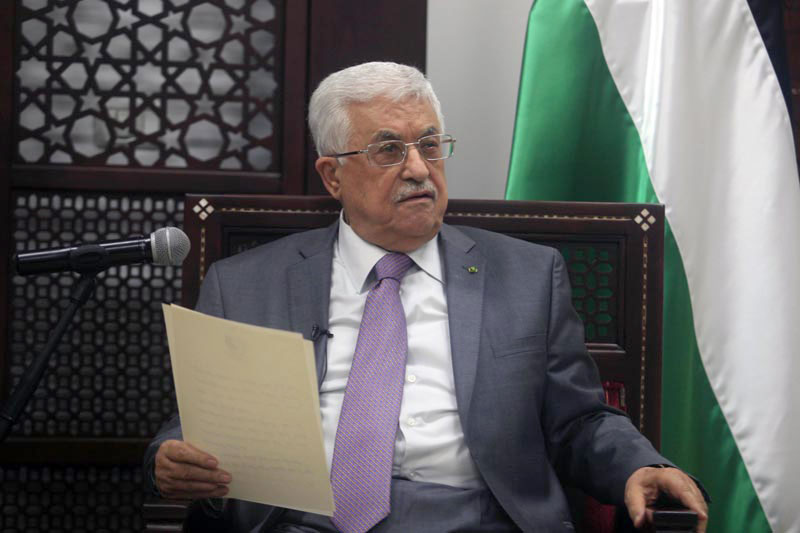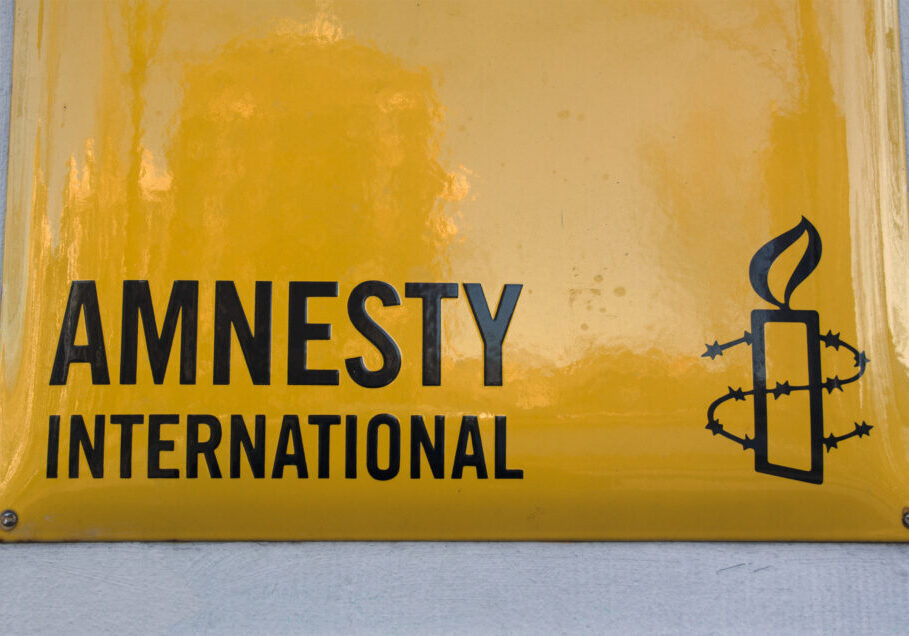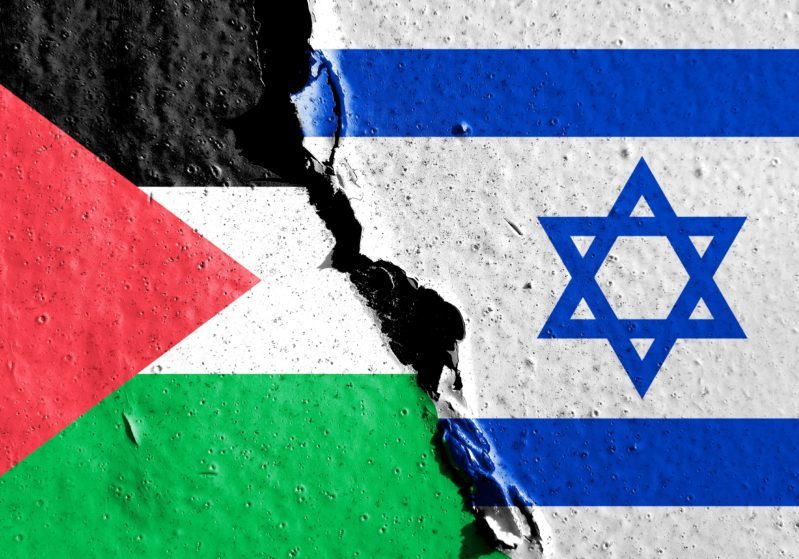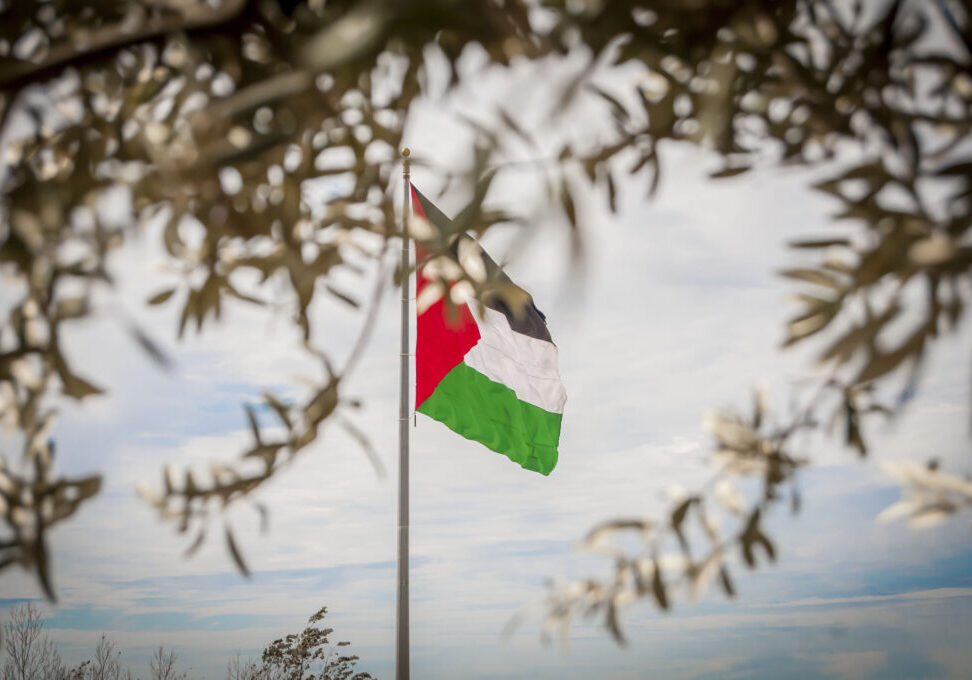Australia/Israel Review
The End for Abbas?
Sep 21, 2015 | Kobi Michael

PA head’s manoeuvre reflects a deeper crisis
Kobi Michael
In early August 2015, Mahmoud Abbas announced his intention to resign from the Palestine Liberation Organisation (PLO) Executive Committee; his announcement was accompanied by the resignation of several senior PLO officials. On September 1, 2015, Abbas announced his resignation from the Committee, as well as his resignation as Chairman of the Executive Committee of Fatah, the leading organisation in the PLO, although no date was given as to when the resignation would take effect. The announcement came as no surprise to the Palestinian “street”, which viewed it with cynicism and saw it as a political ploy to help Abbas gain greater legitimacy to extend his already lengthy tenure in this position.
Like the other senior officials in the PLO and Palestinian Authority (PA), Abbas is closely linked with the very existence of the PA. Their economic and political future depends on these systems, and this dependence alone is sufficient reason to keep those officials from dismantling the PA. However, the corruption and nepotism in the PA’s ranks are an open secret, and the popular frustration with this situation is reflected in public opinion surveys that show ongoing erosion in support for the PA and its senior officials. On Sept. 2, Haaretz published the results of a comprehensive public opinion survey showing only 16% support for Abbas, and even less support for Palestinian officials mentioned as possible replacements. These low rates of public confidence, besides explaining Abbas’ political move, also account for the scepticism expressed by the Palestinian public upon hearing of his intended resignation.
Abbas’ announced resignation can be attributed to several factors. In addition to his age (80), he has lost much public legitimacy for his rule, primarily because he has not succeeded in significantly improving the welfare of the Palestinian population. Similarly, the Palestinian public finds the political struggle advocated by Abbas purposeless and yielding little benefit. Furthermore, Abbas feels that the international community is losing interest in the Israeli-Palestinian conflict, and fears that the US Administration will abandon any effort to restart the political process, due to internal American considerations and the desire to avoid aggravating tensions with Israel and the American Jewish community, heightened particularly by the Iranian nuclear deal. In this sense, Abbas’ resignation is a signal of sorts to the international community and a warning against abandonment of the Palestinian issue, and perhaps also a threat of the chaos liable to erupt in the Palestinian theatre once he departs the stage.
At the same time, Abbas is looking at developments in the Gazan arena, aware of reports about negotiations between Israel and Hamas that might result in a hudna or tahdiya (temporary truce) in exchange for reconstruction of the Gaza Strip. The reports themselves, especially if the contacts between Israel and Hamas result in understandings about reconstruction and a long term security lull, will enhance the legitimacy, albeit unofficial, enjoyed by Hamas in the Gaza Strip. Therefore, even if the dialogue between Israel and Hamas is not comprehensive, it is still likely to reinforce Hamas’ standing among the Palestinian public. In addition, it would likely lower any chances of Fatah-Hamas reconciliation or of the return of the PA to the Gaza Strip, and would constitute an incentive for Hamas to continue its efforts to undermine the PA in the West Bank.
In addition, Abbas has experienced much difficulty with members of the Executive Committee, including Yasser Abed Rabbo, who is seen as undermining Abbas’ status and authority and supporting his sworn rivals and enemies, among them Mohammed Dahlan.
It is possible that Abbas’ announcement will lead to the election of a new Executive Committee that will be more comfortable for him, should he remain in this position. The timing of his resignation announcement is no accident: next month, the Palestinian National Council (PNC) is scheduled to convene for the first time in 20 years. The PNC bylaws make it possible under certain conditions to select a new Executive Committee chairman, even in the absence of a quorum. Since most PNC members do not live in PA territory and many of them will either not want, or be able to, attend the conference, Abbas is likely to be in a convenient situation for making decisions, for choosing new Executive Committee members, and perhaps even for implementing his own re-election in the name of “the law of the movement.”
The recent developments in the PA and PLO, be they authentic or little more than a political tactic, indicate a deep crisis in the Palestinian arena resulting from processes of ongoing disintegration and loss of legitimacy on the part of the Palestinian leadership. Israel cannot ignore the crisis, although attempting to intervene in it directly would be imprudent. Any Israeli intervention in the crisis or attempt to solve it is liable to have a destructive effect, since an attempt to influence internal Palestinian politics will arouse Palestinian opposition and aggravate tensions in the conflict arena. Furthermore, a declared preference by Israel for a Palestinian leader will detract from his legitimacy and that of the system he seeks to consolidate, and will especially arouse opposition to any efforts to renew the political dialogue with Israel, should he choose to do so.
Overall, Israel faces a dilemma involving its relations with the PA and its policy regarding the Gaza Strip. The need for reconstruction in the Gaza Strip, a strategic and humanitarian imperative, requires a dialogue with Hamas, but progress in a dialogue with Hamas is liable to weaken the PA, given the zero-sum game between the two rival Palestinian camps.
Israel must therefore manoeuvre carefully and navigate wisely between the tensions and operational needs. In addition to efforts toward reconstruction of the Gaza Strip, Israel would do well to implement substantive new measures in the West Bank, including an increase in the number of permits for work in Israel, improved conditions and operational rules at key West Bank crossings, a more flexible policy on the development of Palestinian areas in Area B, and willingness to allocate areas defined as Area C for the development of industrial and infrastructure zones. At the same time, Israel should continue its recently increased determination to act against Jewish lawbreakers, and make every effort to lower the level of violence, contain local events, and prevent their spreading like wildfire.
The divide between Israel and the Palestinians concerning the starting point for negotiations remains wide and deep, and even more so with respect to the outline of an agreement that would be acceptable to both sides. In addition to the gap that makes it difficult for Israel and the PA/PLO to return to the conference-table, it can be assumed that if changes in structure and personnel occur in the PLO and the PA, the Palestinian side will be too preoccupied with internal politics to engage in assessments toward the renewal of negotiations. In effect, therefore, the leadership crisis in the Palestinian arena, combined with the other factors, perpetuates the deadlock in the political process.
Thus, while there is little chance of the PA disintegrating or deteriorating into uncontrolled chaos, Israel would do well to prepare for a situation in which it will have to take unilateral measures without coordinating them with the Palestinian security forces in order to minimise risks and maintain critical interests. It is always worthwhile to have a contingency plan to materialise in this scenario, should it become necessary.
Dr. Kobi Michael is a senior research fellow at the Institute for National Security Studies (INSS) at Tel Aviv University and a senior lecturer in the Department of Political Science at Ariel University. © INSS, reprinted by permission, all rights reserved.
This article is featured in this month’s Australia/Israel Review, which can be downloaded as a free App: see here for more details.
Tags: Palestinians






